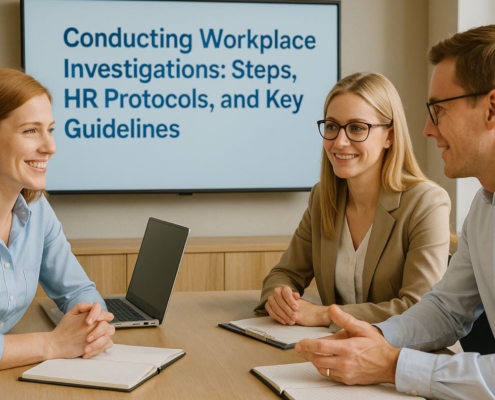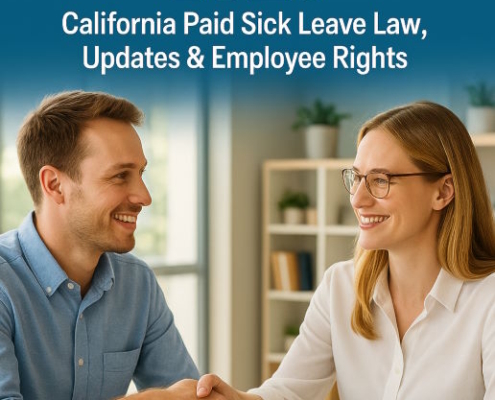
Background Check Laws in California: Regulations Employers Must Follow
Stay compliant with California's updated background check laws and Fair Chance Act requirements when screening job applicants and employees. Get clear guidance on individualized assessments, new evaluation factors, and potential penalties under California rules.

EDD Audit in California: Triggers, Process, Penalties, and How to Handle It
Get practical guidance on EDD audits in California, from common triggers and audit steps to potential payroll tax penalties. Find out how to respond to notices, prepare records, and work with tax professionals to protect your business.

Pre-Employment Background Check California: Laws and Screening Types
California employers must follow strict state and federal laws when conducting pre-employment background checks to ensure fair and lawful hiring practices. This guide explains background check types, timelines, costs, and compliance requirements for conducting screenings in California.

Conducting Workplace Investigations: Steps, HR Protocols, and Key Guidelines
Conducting workplace investigations ensures fair handling of employee issues, maintaining compliance, and protecting organizational integrity. This article outlines HR protocols, timelines, and best practices for managing investigations with consistency and care.

CA Pay Transparency Law: Salary Range Disclosure, Reporting Rules, and Employer Compliance
Get a clear overview of California’s pay transparency law, including salary range disclosures, reporting requirements, covered employers, and remote postings. Ensure compliance, avoid pay secrecy pitfalls, and align internal practices with evolving multi-state rules, pay equity expectations, and penalties.

Essential Functions: Definition, ADA Rules, and Employer Duties
Core job functions define a role’s main duties and affect ADA coverage for workers with disabilities. Employers must set these functions clearly and offer reasonable accommodations without changing the position’s central requirements.

Meal and Rest Breaks California: Employer Rules, Requirements, and Consequences
California employers must comply with strict meal and rest break laws that protect nonexempt workers’ rights and prevent costly legal penalties. This article outlines employer responsibilities, employee entitlements, and the financial consequences of missed or interrupted breaks under California law.

CA Sick Pay 2025: California Paid Sick Leave Law, Updates & Employee Rights
CA Sick Pay 2025 raises paid sick leave for most California employees to five days or 40 hours each year. Covers eligibility, city rules, permitted uses, employer obligations, and steps if rights are denied under the updated law.

On Call Pay California: Employee Rights, Standby Time Rules, and Compensation Laws
California on-call and standby pay rules cover employee rights, employer control, minimum wage, overtime, and compensation eligibility. Get guidance on claims, evidence, class actions, and hiring attorneys to recover unpaid wages under state law.

Is Holiday Pay Double Time in California? Laws, Exceptions, and Employer Policies
California law does not require double pay or paid holidays; eligibility depends on your employer’s policies, contracts, or union agreements. Check your handbook or contract to see if holiday premium rates, time and a half, or double time apply.
